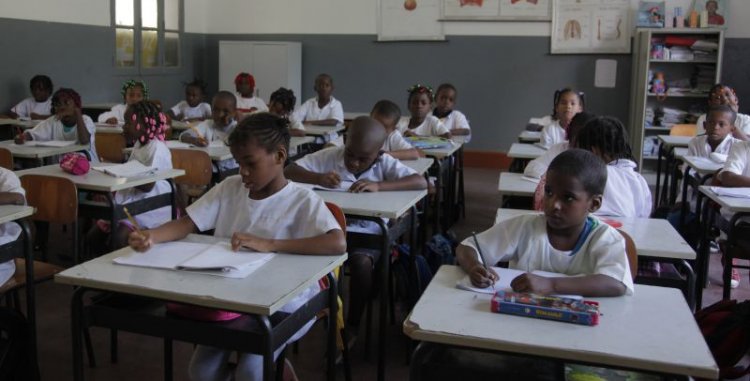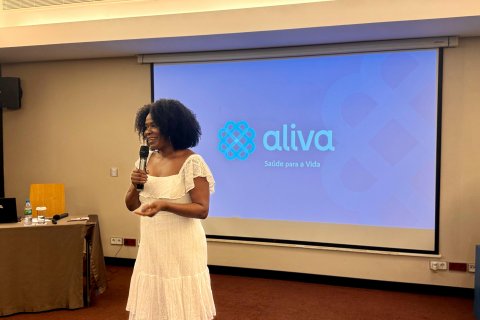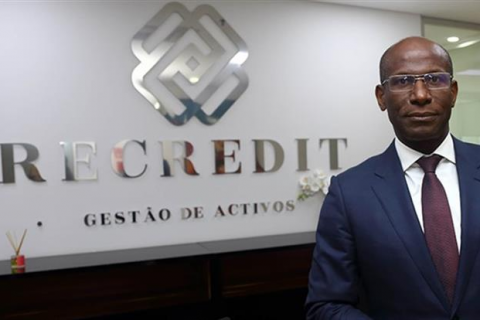The positioning was presented this Tuesday in a press conference by the Handeka Civic Association, Mosaiko - Institute for Citizenship and the Angolan Network for Education for All (ETP-Angola Network).
In an open letter addressed to the President, João Lourenço, and already shared with the press, they consider that charging fees to access secondary education "is relegating Angolan families to underdevelopment.
For the NGOs, "it is immoral to demand from the 41 percent of the Angolan population in poverty (12 million people, according to the Report on Expenditure, Income and Employment in Angola - IDREA 2018-2019), the 32.7 percent unemployed" and others to pay emoluments for their children to access secondary education.
Public secondary schools in the country will be authorized to charge fees, the amount of which is still to be defined, according to a presidential order that Lusa had access to at the end of September.
The diploma signed by João Lourenço on September 11 justifies that "school revenues constitute an important alternative slice of funding for public secondary education institutions," so collecting them will increase the financial resources needed for their needs.
The collection of fees and emoluments for the services provided by secondary schools should be ensured by the Ministries of Education and Finance, in accordance with the decree, which gives their authority to approve and define values.
For these organizations, which ask for the retreat of the measure, in the current situation, "aggravated by the devaluation of the kwanza, with vertiginously inflated prices, with the increase of taxes" on basic basket goods "we can not and do not want to pay more.
"There is no money for emoluments, when there is no food on the plate of most Angolan families," reads the open letter presented by Friar Julio Candeeiro, general director of Mosaiko.
"It's indecent to put fathers, mothers, and guardians in a position of vulnerability that forces them to withdraw their children from school," he adds.
According to civil society organizations, the measure translates into "a step backwards in the face of the commitments that Angola has made internationally and contradicts the dubious discourse of its government, which, on the one hand, proclaims education free of charge, but changes" the Basic Law of the Education and Teaching System.
Thus, they observe, in this open letter, the Government "shamefully transfers the burden and sneaks away from its moral responsibility".
"In a state that is said to be by law, families cannot be the pocket of public education," they shoot.
They also consider that charging fees to access secondary education "is to activate new cycles of corruption, in a public service that is addicted and poorly paid, which will have another instrument of oppression and blackmail on students and vulnerable families.
In a country "impoverished, like ours, to insist on this collection is to promote poverty, inequality and school dropout," they say.
"Mr. President, we don't want any more charges, especially if they are completely disconnected from a real commitment to the development of Angolans," they urge.
In the letter, they also ask the President to fulfill what the State committed to do in 2000, by assuming the Dakar Commitments, to "dedicate 20 percent of its General State Budget (GSB) to the Education sector.
The need to regulate the collection of fees and emoluments at this level of education still arises, according to the authorities, to curb the "arbitrary charges" that were made in schools for lack of a legal diploma.
The letter is signed by Luaty Beirão, president of Handeka, by Friar Júlio Candeeiro, general director of Mosaiko and by Vitor Barbosa, president of the ETP-Angola Network.







